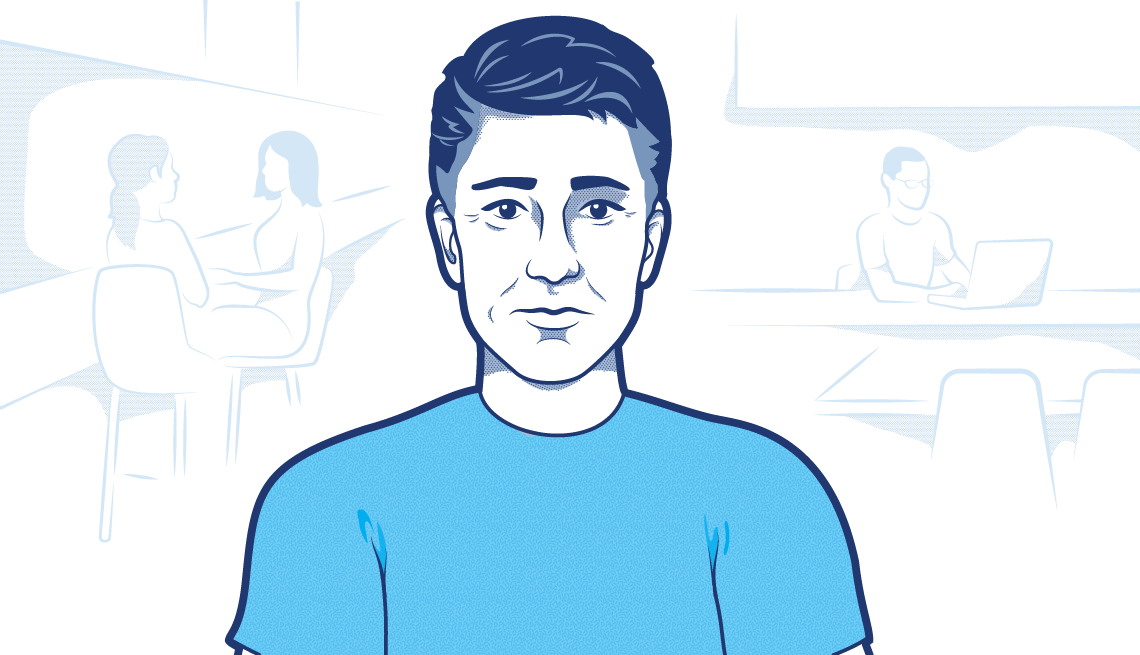AARP Hearing Center


Helen and I had been friends for 50 years and seldom let more than a week pass without a long, chatty phone call or, later, frequent bursts of texts.
Now here we were on a mild summer night, sliding into a restaurant booth in Chicago after a Cubs game. We ordered drinks and appetizers and got to the business at hand: loose talk and belly laughs. As Helen dipped into a spicy cauliflower dish, I focused on a lovely plate of thinly sliced calamari. I must have been laughing or talking when a slippery piece of food shot to the back of my mouth.
I didn’t panic, but I froze. Somehow, instantly, I knew I couldn’t get air by nose or mouth. I was staring at the table, bizarrely running a mental checklist — as if I could think my way to a solution — when Helen’s voice pierced the restaurant din.
“Are you OK?”
I looked up. Sensing that I couldn’t speak, I didn’t try. I just shook my head “no.” Then we were both on our feet.
Helen bolted around the table shouting, “This is happening!” She stepped behind me, put a fist just above my belly button and below my ribs, wrapped her other hand around the fist, and began yanking up and in as if she were trying to uproot a tree. The calamari slid out of my throat and into my waiting hand.
Choking deaths
More than 5,500 people died of choking in 2022, the most recent year on record. Choking was the third leading cause of what the National Safety Council calls “unintentional injury death.” The majority of choking fatalities occur among older adults. And while there are no exact statistics on how many of those fatalities are caused by food, it’s worth taking a moment to ponder what might be going wrong.






































































You Might Also Like
How Can I Improve My Balance?
A doctor's advice for preventing falls
25 Foods That Won't Cause Weight Gain
Eat these to your heart's content
Smart Guide to Headache Management
22 ways to prevent head pain – or address the pain you’ve got